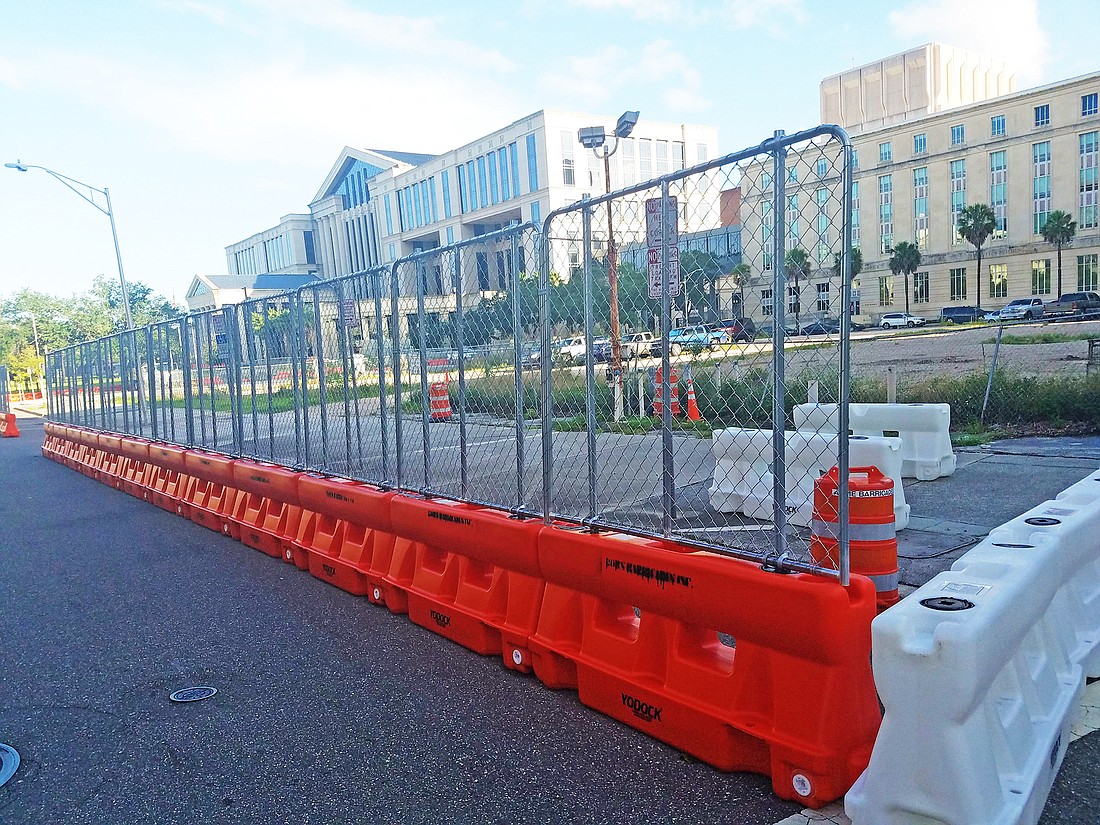
Jacksonville’s commercial real estate market experienced an unexpected development in the first half of the year, which started with strength and the main question being the effect of the November presidential election.
As has been said, then came March.
“Virology, not the business cycle, has dictated the course of the world’s economy this year,” said CBRE in its second-quarter Marketview research report.
Major commercial brokerage firms reported second-quarter Jacksonville market conditions that summarized the unpredictability of the January through June period of 2020.
March marked the end of the first quarter. The National Bureau of Economic Research declared June 8 that an economic recession began in February.
That concluded almost 11 years of expansion – the longest on record – since the Great Recession ended in June 2009.
“The COVID-19 pandemic struck the U.S. in March 2020, late in the quarter with enough time to have a significant impact on first-quarter market fundamentals,” said Cushman & Wakefield in its second-quarter Marketbeat.
“Government-mandated shutdowns along with shelter-in-place ordinances pushed the country deeper into recession,” it said.
In brief, the office market awaits corporate decisions to expand, contract, bring back staff that has been working from home or reconfigure space to accommodate social distancing.
The industrial market stands to gain from people avoiding retail stores and buying online, which creates the need for e-commerce fulfillment centers and distribution centers.
“The industrial sector may emerge as one of the less risky sectors through this time as online shopping likely increases during the periods in which people stay home,” said a CoStar report licensed to Newmark Phoenix Realty Group.
The retail market grapples the most with government mandates, consumer confidence and the purchasing power of customers who may have experienced job cuts, lost wages and furloughs.
NAI Hallmark Vice President Austin Kay and Senior Associate Eric Yi are encouraged, however.
“From retail shops to restaurant groups, we see these operators expanding in the market,” Kay and Yi said in a statement in the Market Report.
Colliers International said in its Market Snapshot that the government opening of the economy in the second quarter “has calmed some nerves and led to a general increase in activity from what was a slow April.”
It’s not clear that will stick.
“While economic fundamentals seem to be turning a corner, cases of COVID-19 are rising in Florida, which could lead to another quarter of tepid activity,” said JLL in its Insight report.